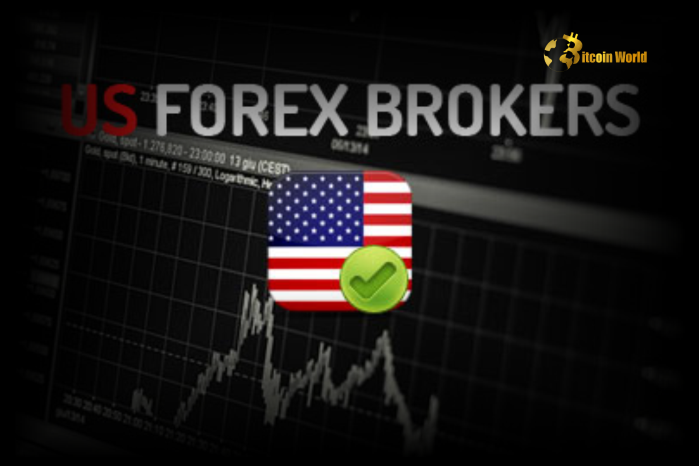Why Forex is Gaining Popularity in America
Why Forex is Gaining Popularity in America
Blog Article
Legal Regulations for Forex in the United States
International trade, or Forex trading, draws countless members in the United States every year. Their pure measurement and liquidity allow it to be one of the very attractive markets globally. Nevertheless, forex in us. has a special and rigid method of regulating Forex activities. If you're trying to industry currencies or simply want to know how legal frameworks shape the Forex market, knowledge these regulations is crucial.

Key Legitimate Frameworks Shaping Forex in the US
Forex regulation in the United Claims is distinguishable because of its thorough risk regulates and client protections. Two major government bodies oversee many Forex activities:
• Commodity Futures Trading Commission (CFTC)
• National Futures Association (NFA)
The CFTC, developed in 1974, is tasked with regulating the futures and options areas, foreign exchange included. The NFA, as a self-regulatory company, performs strongly with the CFTC to enforce principles and keep fairness in trading practices.
Registration and Submission
Every Forex seller or broker using the services of U.S. citizens should enroll with both CFTC and NFA. These entities are also needed to stick to arduous detailed criteria, including:
• Minimal net money needs (often greater than in different countries)
• Constant audits
• Solid anti-money laundering (AML) plans
• Clear risk disclosure
Violations may cause big fines or a permanent bar from the market. This regulatory framework seeks to prevent scam, protect investors, and enhance industry integrity.
Major Constraints on Forex Actions
Foundational defenses impact how Forex runs in the U.S.:
• Control limits: The NFA models a optimum influence of 50:1 for important currency sets and 20:1 for minors. This is much less than many world wide markets, helping protect unskilled traders from substantial losses.
• Segregation of funds: U.S. legislation needs that customer resources are kept separate from broker working funds. That calculate safeguards traders in case a broker becomes insolvent.
• Marketing and disclosure: Firms should clearly explain dangers, fees, and trading mechanisms to clients. Inaccurate or hostile solicitation practices face rigid penalties.
Enforcement and Penalties
U.S. agencies frequently check for fraudulent schemes, insider trading, and illicit industry manipulation. Statistical information from enforcement reports reveals a regular design of penalties and settlements recently, highlighting constant vigilance. That environment, while stricter than most elements of the world, generates a safer enjoying area for retail and institutional traders alike.
What things to Consider as a US Forex Trader
New traits disclose a continuing increase in regulatory actions, an emphasis on client education, and constant upgrades to conformity requirements. If you plan to trade Forex in the U.S., it's necessary to:
• Confirm a broker's active subscription status
• Stay up-to-date with regulatory changes
• Evaluation chance disclosures prior to making trades
This method minimizes unforeseen failures and promotes your prospects in a tightly governed but effective marketplace. By understanding legal regulations, U.S. traders can confidently take part in the Forex market while staying within the parameters of the law.
Report this page